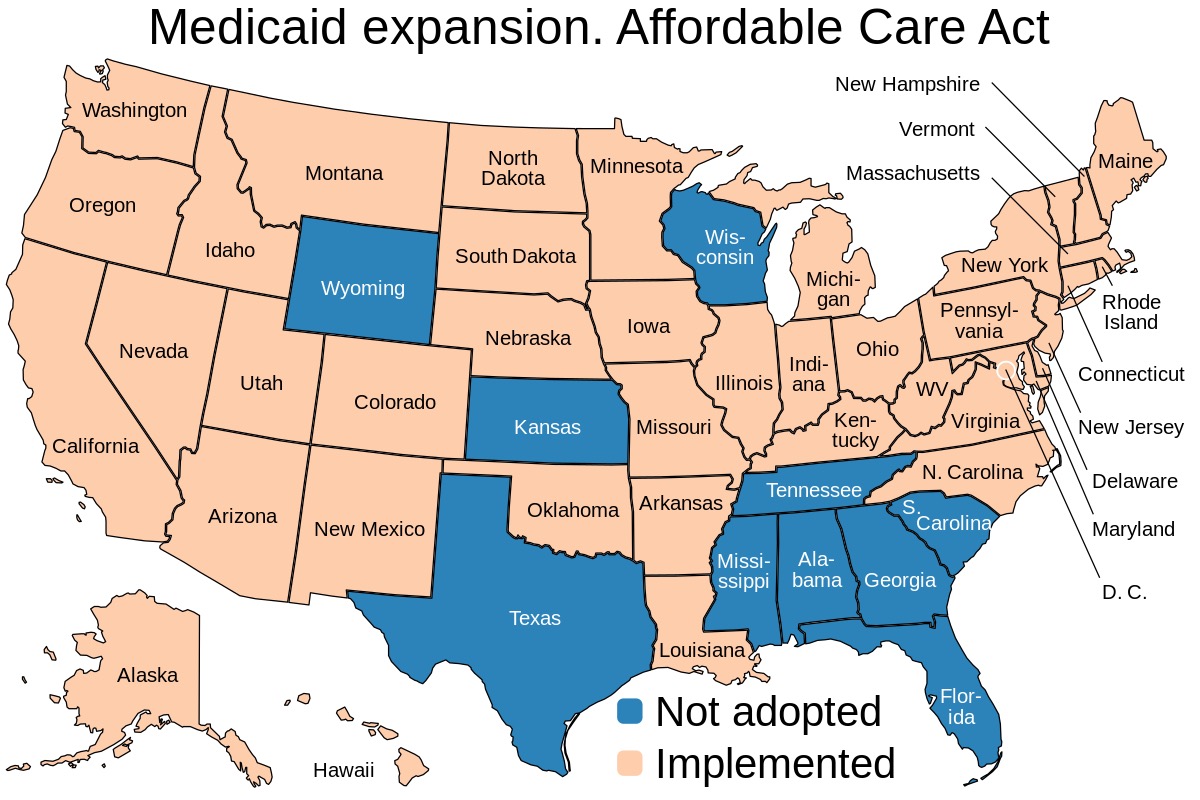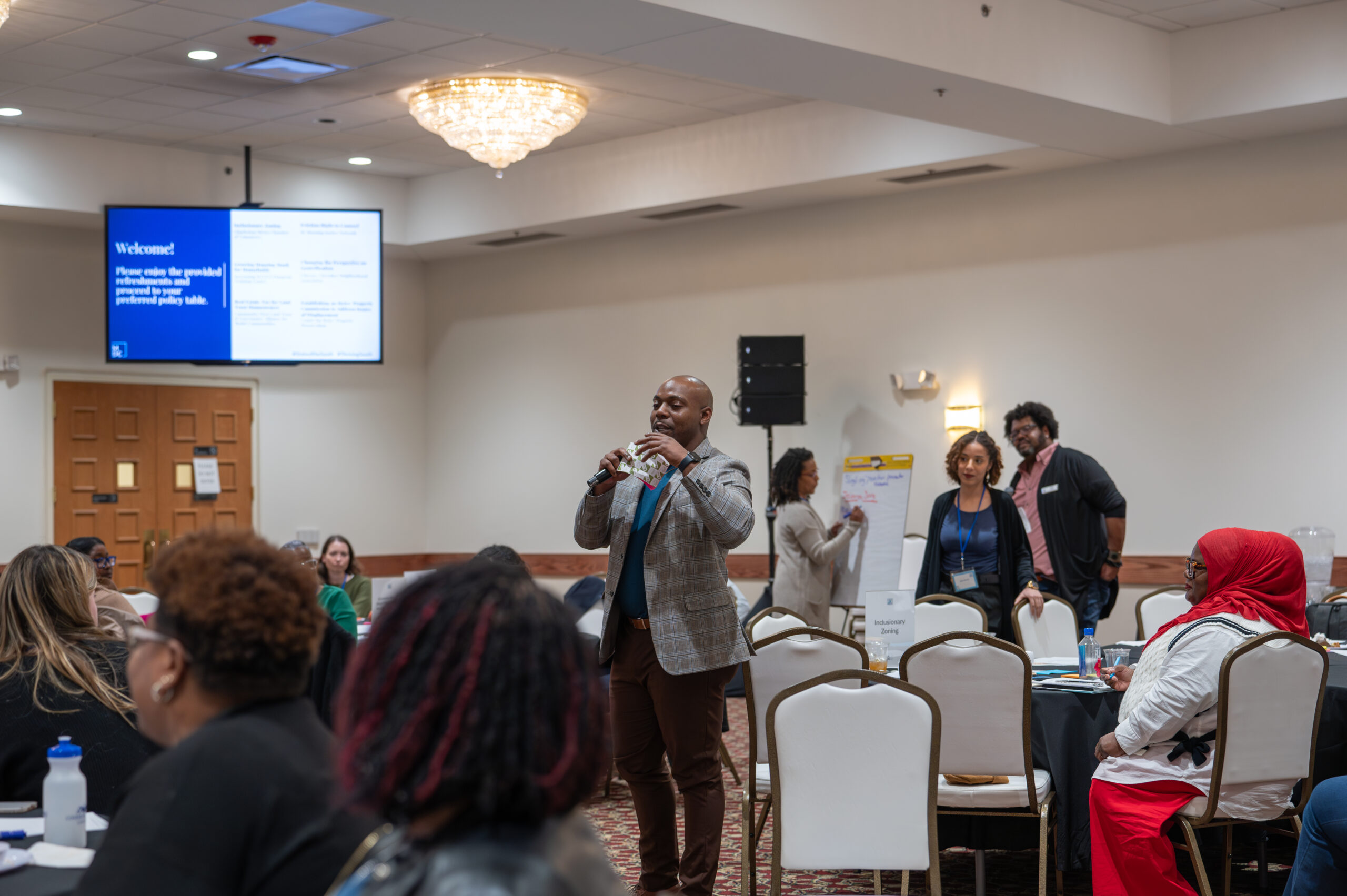Empowering Entrepreneurs: A Call for Inclusive Business Education and Support
Apr 18, 2024

In February, State of the South held its fifth convening in Charleston, South Carolina. Meeting over two days, community members, nonprofit leaders, business owners, policymakers, and artists gathered to discuss how to make Charleston, South Carolina, and the larger South equitably accessible to everyone.
Following the event, we invited panelists and participants to reflect on their experiences. We’re honored to share with you this reflection from Herbert Drayton, Managing Partner of HI Mark Capital.
In the ever-evolving landscape of entrepreneurship, there is a collective recognition that the traditional avenues for education and support fall short of meeting the diverse needs of business leaders. Recently, the Minority Development Council convened a group of stakeholders immersed in the entrepreneurial space. The resounding consensus that emerged from this gathering advocates for the creation of an Accelerated Executive MBA curriculum tailored specifically for entrepreneurs. This groundbreaking curriculum is envisioned to encompass essential components such as Business Financial Literacy, Decision Making, Basic Business Acumen, Legal, Marketing, Leadership/Communication, and Mental Health.
This call to action gains even greater significance in the aftermath of the Supreme Court’s recent decision on race-based initiatives. The group fervently advocates for the development of a universal program strategically marketed to ensure inclusivity. The focus is clear: attracting women and minorities to foster a rich, diverse entrepreneurial ecosystem. This initiative is not just about breaking barriers but about actively dismantling them to create an environment where all entrepreneurs can thrive and succeed.
Recognizing the limitations of traditional structures, the group proposes a paradigm shift through non-traditional partnerships. Their recommendation includes collaboration between Minority Business Accelerators, incubators, and Community Development Financial Institutions (CDFIs) with vetted service providers in respective areas. This strategic alliance aims to protect entrepreneurs from predatory practices, creating a secure environment for growth and innovation. Furthermore, the group emphasizes the importance of educating Donor donor-advised fund holders, Foundations, and bank Community Reinvestment Act (CRA) initiatives on the critical impact of supporting wraparound services tailored for for-profit businesses. This intersection between philanthropy and business success underscores the holistic approach necessary for sustained entrepreneurial growth.
To amplify the program’s reach and effectiveness, the group advocates for forging partnerships with conveners willing to embrace non-traditional or innovative approaches. This collaborative strategy is envisioned as the catalyst for implementing the suggested programs and initiatives, ensuring they not only exist on paper but actively transform the entrepreneurial landscape.
Historical context becomes a critical lens through which we assess existing structures like the Small Business Administration (SBA) and Business Development Companies (BDCs). Established in 1953, the SBA primarily catered to White small business concerns. The group acknowledges tangential initiatives targeting women and minorities but emphasizes their operational burdens on Black, Indigenous, and People of Color (BIPOC) and women entrepreneurs. This historical perspective serves as a compelling argument for the urgent need to reshape these structures to reflect the diversity and inclusivity essential for a thriving entrepreneurial ecosystem.
The critique extends to BDCs, which, while actively involved in mentoring and developing companies, fall short when it comes to engaging BIPOC and women entrepreneurs. The call is for these institutions to pivot towards actively contributing to the creation of companies that produce sustainable living-wage jobs in marginalized communities.
The group’s feedback underscores the current gaps in service providers and programs, which, while attempting to meet entrepreneurs where they are, often result in painstaking and incremental progress. The absence of a readiness scaffold exacerbates the challenge for businesses trying to bootstrap without compromising their models or standards of living. The vision is clear: entrepreneurs should be guided through a continuum, evolving from mere business owners to employers, investors, and philanthropists. This trajectory mirrors the historical evolution of high-impact business citizens throughout our history.
In conclusion, the clarion call for an inclusive Accelerated Executive MBA, fortified by strategic partnerships and a commitment to diversity, marks a turning point in the evolution of entrepreneurship. It is a call for collective responsibility to ensure that every entrepreneur, irrespective of their background, has the tools and opportunities to make a lasting impact on their community and beyond. As we embark on this transformative journey, let us embrace innovation, collaboration, and inclusivity to create an entrepreneurial landscape that truly reflects the richness and diversity of our society.
Herbert Drayton is the Managing Partner of HI Mark Capital. Visit https://himarkcapital.com/people-powered-ventures for more information.








